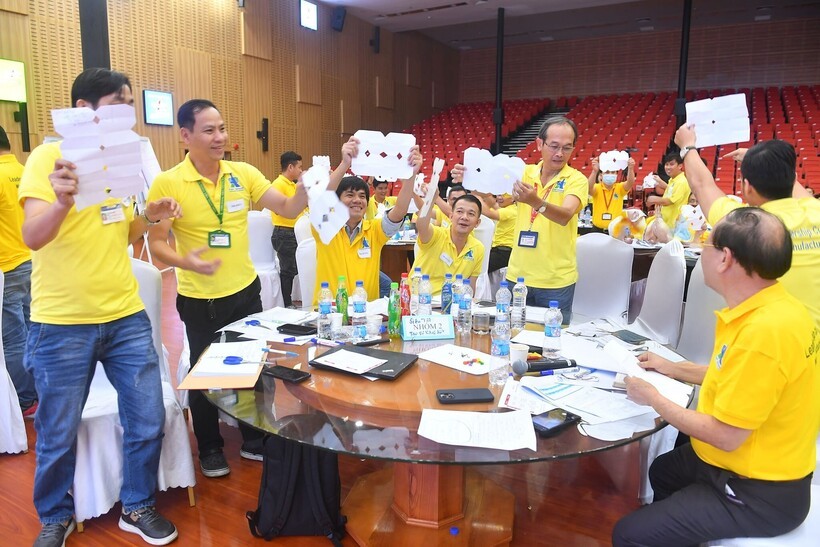Representative of Tan Hiep Phat: “Excise tax on soft drinks could affect the competitiveness of businesses in the market”
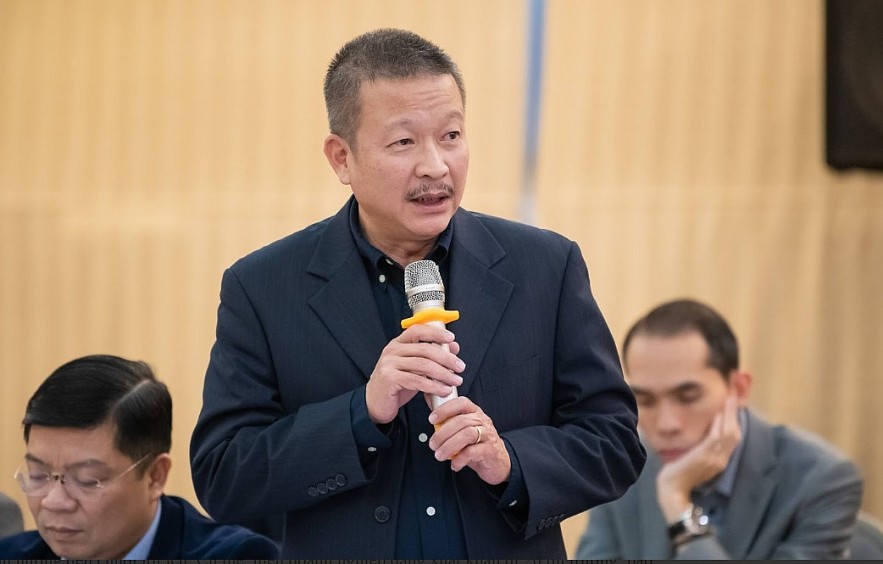 |
| Mr. Nguyen Duy Hung, Chairman of the Committee on Corporate Relations and Legal Affairs and Senior Assistant to the Chairman of the Board of Tan Hiep Phat Trading and Service Co., Ltd. |
The draft proposes adding sugar-sweetened beverages defined by the Vietnamese Standard (“TCVN”) with sugar content above 5 mg/l to the list of goods subject to a 10 percent excise tax.
The National Assembly and the Government are determined to reach national economic growth of over 8 percent in 2025 and double-digit growth during the 2026–2030 period. To achieve this, the Government has set specific targets for each sector, field, and locality for 2025.
At the 8th Session of the 15th National Assembly in 2024, many lawmakers voiced concerns reported by the media. They noted that the Government’s impact assessments on the excise tax proposal lacked quantification and did not fully or comprehensively evaluate the costs and potential impacts of the new policy on the economy, social welfare, and affected groups.
In this context, the Vietnam Chamber of Commerce and Industry (VCCI) recently organized the workshop “Consultation on Improving the Draft Law on Excise Tax,” with the participation of a number of specialized National Assembly members from the Economic and Finance Committees, relevant ministries, business associations, experts, and the business community.
At the event, Nguyen Thi Cuc, Chairwoman of the Vietnam Tax Consultants Association (VTCA), said she agreed with the core goals of the excise tax law: contributing to the state budget, protecting public health, and safeguarding the “health” of businesses.
According to her, an unsuitable policy could produce unintended consequences. Soft drinks were once included in the taxable group, but the proposal was later rejected. If they are to be added again, she said, the basis for the decision must be clarified and assessed carefully to ensure business continuity, job security, and a stable market.
Raising excise tax could affect the investment climate and business competitiveness
Speaking for the business sector, Nguyen Duy Hung of Tan Hiep Phat noted that the policy aims to address obesity, a goal businesses support. However, he stressed the need to determine whether sugar is actually the main cause. Sugar-sweetened beverages make up only a small share of overall consumption. There is no data proving a causal relationship between sugar-sweetened beverages and obesity.
“Many other sugary products, such as confectionery with far higher sugar content, are not taxed, which is unfair. Another question is whether the tax will actually change consumer behavior, especially for low-income groups or children in remote areas,” he said.
Hung added that the tax could undermine policy effectiveness and disrupt the value chain. Tan Hiep Phat currently exports to 20 markets, including major and demanding destinations such as the United States, Japan, and Europe.
“If the tax is imposed, it could affect the company’s competitiveness,” he said.
He expressed hope that businesses in the sector would have the chance to engage in dialogue and provide evidence to the drafting committee. The company is not proposing a specific tax roadmap but is concerned that the grounds for imposing the tax have not been clearly defined.
Associate Professor Dr. Nguyen Van Viet, Chairman of the Vietnam Beverage Association (VBA), added that the beverage industry has attracted significant foreign investment from multinational corporations in Europe and the Americas. These investors bring advanced production and processing technologies and modern management methods that support industrialization, modernization, and the production of high-quality goods for both domestic consumption and export. The proposed excise tax increase could affect the investment environment and the confidence of both domestic and foreign investors.
“One of the key goals for economic growth is to stimulate consumption and strengthen the domestic market through industrial production, including manufacturing and retail sales of goods and services. Yet a goal of excise tax is to curb consumption. At a time when the sector is just beginning to recover, this could hinder progress and weaken the momentum needed to boost consumption for growth,” Viet said.
 | Going to work in the morning, relaxing in the afternoon, winning a 20-million-VND prize in the evening thanks to Zero Degree Green Tea This was the prize-winning journey of Nguyễn Thị Bích Liên (born 1988, An Trường Commune, Vĩnh Long). She is one of the first lucky customers ... |
 | Breaking Out of the City Cocoon: How Gen Z Cools Off From Life by Returning to Nature The city can feel like a pressure cooker. The more you try to endure it, the tighter it becomes. For many students, stress does not ... |
 | Freshmen and Their First Shocks: When Stress Becomes the Push to Grow Up Back in high school, many students imagined college as a kind of paradise filled with freedom, no supervision, and most importantly: “College is easy!” |
 | Freshmen “Level-Up” Journey: Turning Stress into Fuel for Growth Have you ever wondered what it really feels like to leave home and step onto a university campus in the big city? It’s not just ... |
Recommended
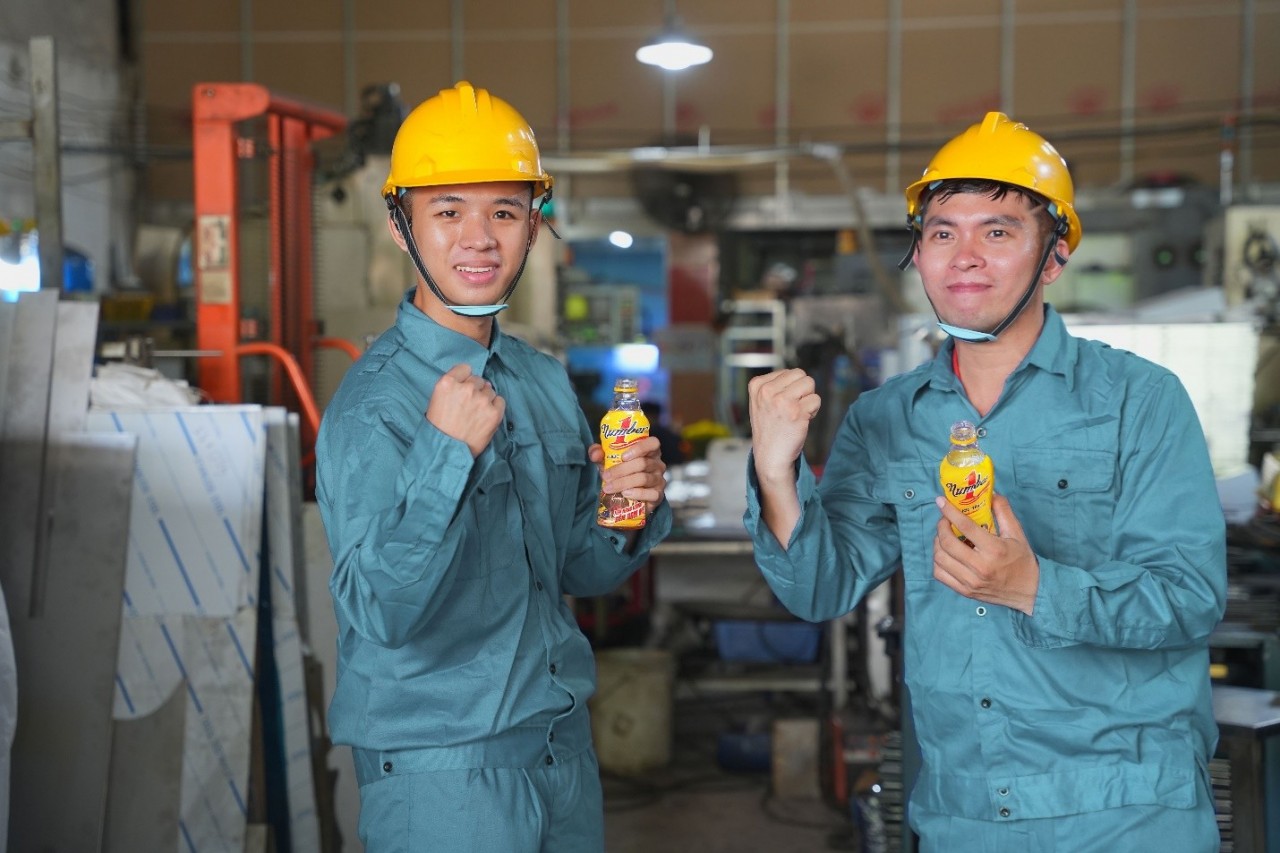 Vietnamese Herbal Tea
Vietnamese Herbal Tea
Fueling Passion from the Welding Workshop: When Dreams Are Powered Every Day
 Vietnamese Herbal Tea
Vietnamese Herbal Tea
November and the Final Sprints to Cool Down Life
 Vietnamese Herbal Tea
Vietnamese Herbal Tea
Hitting Emotional Rock Bottom, Breaking Out of Burnout: Gen Z Head to the Mountains and the Sea to Cool Down Life
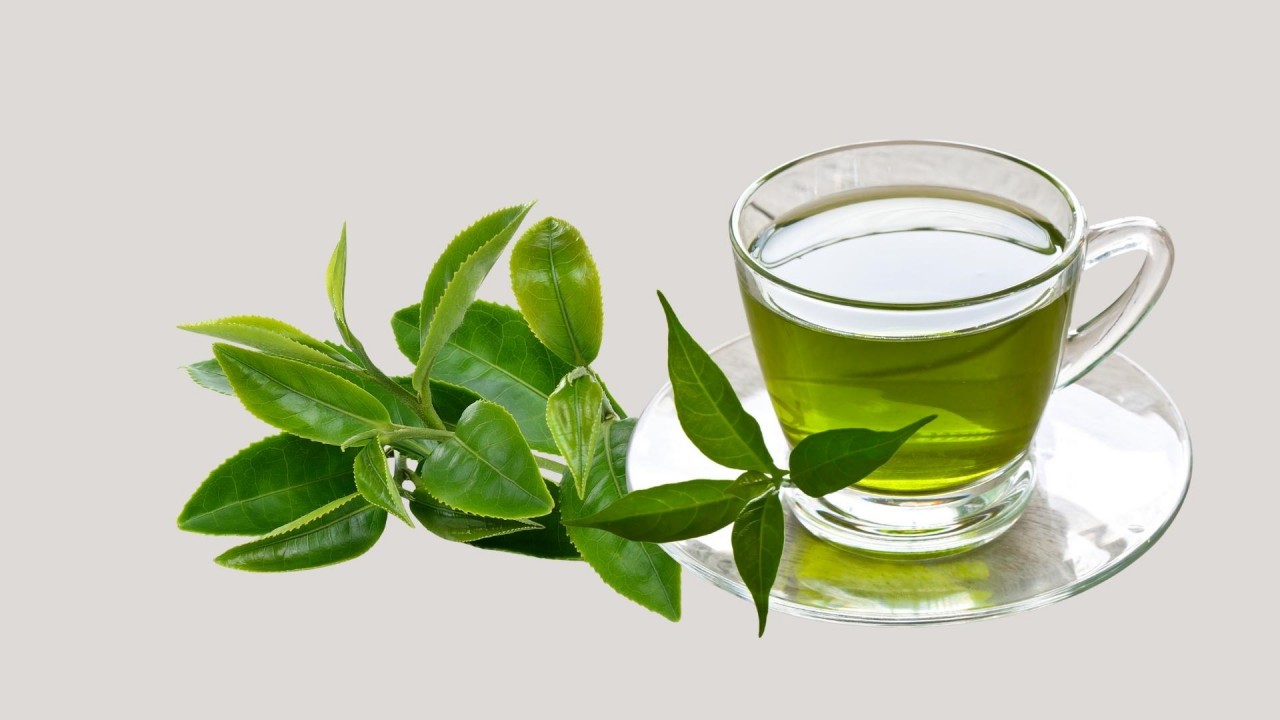 Vietnamese Herbal Tea
Vietnamese Herbal Tea
Why You Should Drink Green Tea Every Day?
Popular article
 Vietnamese Herbal Tea
Vietnamese Herbal Tea
Gen Z Finds Their Chill with Zero Degree Green Tea During Stress Season
 Vietnamese Herbal Tea
Vietnamese Herbal Tea
Multitasking and Juggling Jobs? No Big Deal. Gen Z Shares How They Stay Energized and Alert Despite Late Nights and Sleepless Hours
 Vietnamese Herbal Tea
Vietnamese Herbal Tea
Fuel Up for Instant Alertness During Long Days and Late Nights
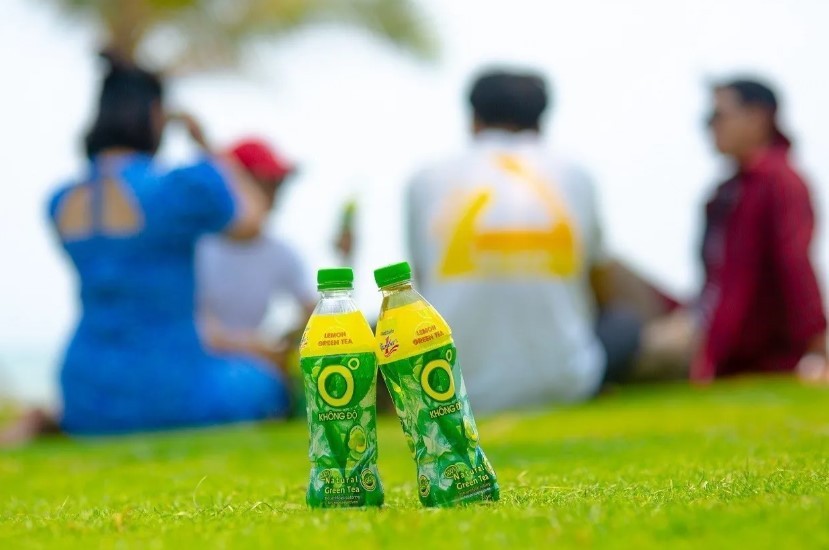 Vietnamese Herbal Tea
Vietnamese Herbal Tea





